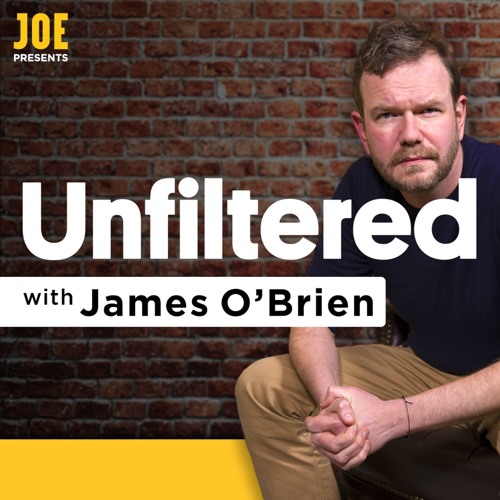

The book also focuses on historical racism such as Japanese imperialism, the colonial British Hong Kong, the Arab slave trade and Atlantic slave trade and conceptions of blackness in 1400s Spain. He was regularly stopped and searched by police from the age of 12. He saw stabbings and acts of extreme violence, including watching his friend being attacked by a meat cleaver. As a young man, he was involved in street gangs and carried a knife for self-defence. He was a keen footballer and a member of the West Ham youth club. He was talented at mathematics and attained high grades in his end-of-school exams. He said that his teacher found him "too bright for a working class brown boy". At age seven he was placed in special needs classes for children who did not speak English, despite showing academic ability and reading The Lord of the Rings at the time. Akala gained awareness of racial issues from attending a Pan-African Saturday school. His stepdad was a stage manager, so he regularly attended the theatre as a young child. He struggled in school, feeling like he did not fit in.

His grandparents were members of the Windrush generation. Born to a Jamaican father, he grew up living with his Scottish mother. Synopsis Īkala, real name Kingslee Daley, writes about his childhood in Camden, London. He described the process of historical and statistical research for the book to be "difficult and emotionally challenging". He wanted to allow them to "understand the hurdles so they can jump over them" and expose the "silly myth" of Britain being a meritocracy. He was keen for young black children to read the book and gain appreciation for the value of education from it.

Akala was interested in writing a book "to show how politics has manifested in life". In 2018, Akala described the book's premise as "This sense that we are special and better than everyone else is rooted in the legacy of empire", saying "I wanted to see how that shaped me". Akala said that writing offered a "certain clarity and conviction" and said that the book would include "personal stories and experiences as well as a wealth of historical data to explore how race and the much older inequalities of class shaped my childhood life and subsequent worldview". In October 2017, it was announced that John Murray imprint Two Roads had signed the rights to an upcoming memoir by Akala titled Natives: Race and Class in the Ruins of Empire. It received positive critical reception, in addition to nominations for the Jhalak Prize and James Tait Black Memorial Prize, and saw renewed attention following the May 2020 murder of George Floyd in America. Part memoir, the book provides race and class analysis of a variety of historical eras, in addition to contemporary British society. Natives: Race and Class in the Ruins of Empire is a 2019 British book by the rapper Akala.


 0 kommentar(er)
0 kommentar(er)
